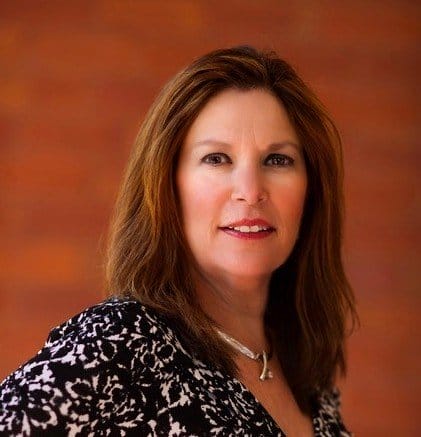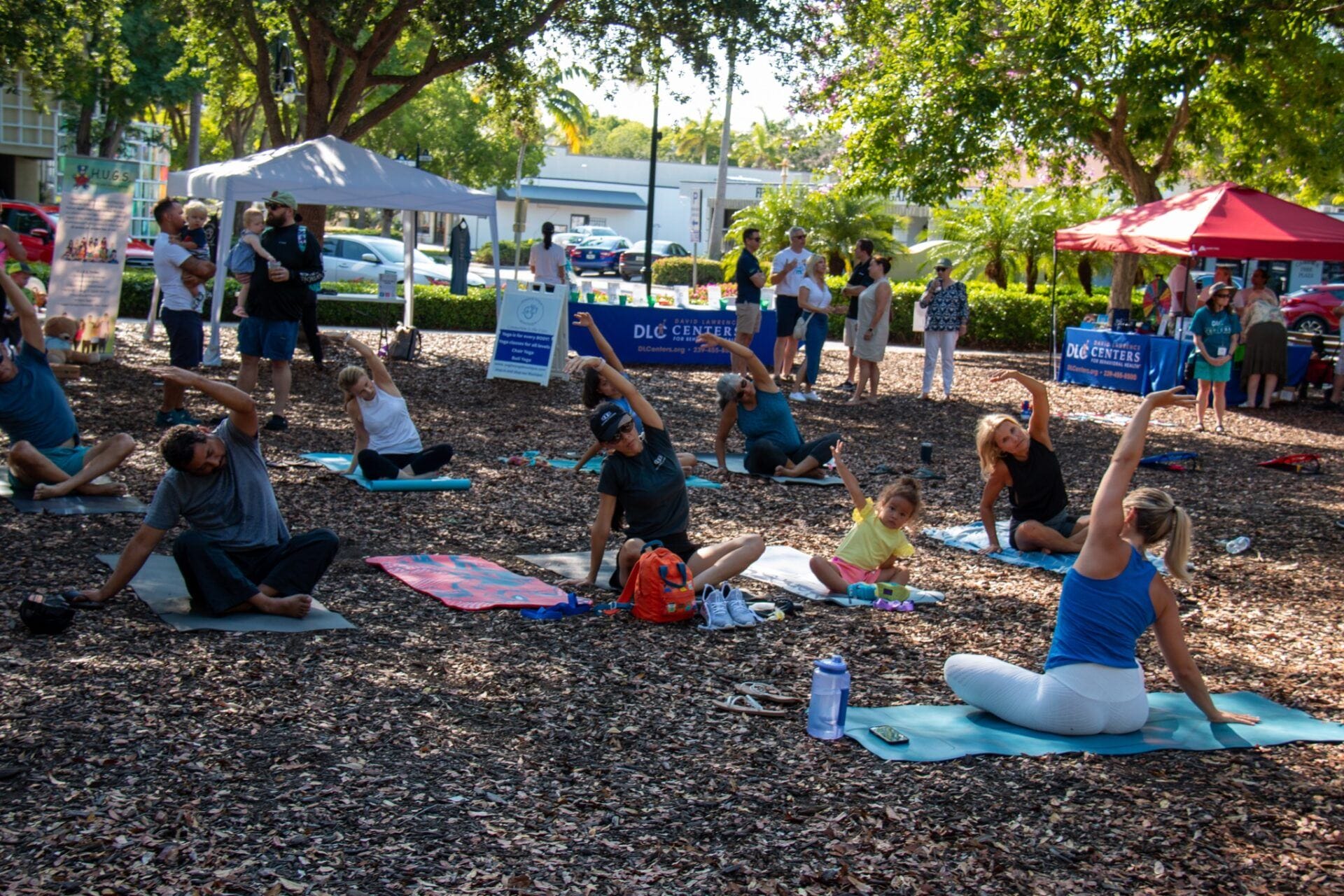
When Law Enforcement Is On Your Side
DLC Board Member Kevin Rambosk is a strong advocate for those struggling with mental illness and addiction. And it helps that he’s also our local Sheriff.
Since the tragic school shooting in Parkland, Fla. last month left 17 people dead, students across the U.S. have taken a stand against such violence, demanding the attention of lawmakers and media outlets across the nation.
These students are bold, courageous, and strong . . . but they’re still kids. And many of them are scared, wondering when and where the next shooting will occur. People here in our own community are among those expressing their fears and concerns, and David Lawrence Centers has received a number of calls from anxious parents and students.
Fortunately, DLC has a board member who not only shares these concerns, but also plays a vital role in protecting our schools and students—Collier County Sheriff Kevin Rambosk.
We arranged a Q&A with Sheriff Rambosk about the school shootings, but also about the relationship between law enforcement and mental health, and what it means for our community.
People are concerned about shootings and safety at school. Can you describe your department’s plans for prevention, and how you’d respond to a similar emergency?
Sheriff Kevin Rambosk: We have had increased presence at our local schools since the shooting in Parkland. But even before that, we have had a presence at each school in the district. In addition to law enforcement on site, we have many tactical tools at our disposal to combat potential threats. We have investigated every threat made since the recent shooting and will continue to do so.
Describe your partnership with David Lawrence Centers .
Rambosk: Our deputies collaborate with staff at David Lawrence Centers on a daily basis. When an officer in the field encounters an individual with a mental illness who is a danger to themselves or others, he or she uses their training to determine whether that individual is a potential candidate for mental health intervention. That decision begins our involvement with DLC for a particular case or individual.
Here at the Collier County Sheriff’s Office, we’ve seen an increase in the number of interactions our deputies are having with those affected by both mental illness and addiction in recent years. As law enforcement officers, we don’t want to send individuals to jail if there is a better alternative that helps them seek proper treatment. That’s why we’ve partnered with DLC for years, hoping to avoid unnecessary jail time for those struggling with mental illness and substance use. Our relationship with DLC and other local mental health facilities is tantamount to successful treatment for these individuals, and it helps the community overall.
Can you give a recent example of what that looks like?
Rambosk: Deputies recently responded to a call concerning a husband and wife who were having an argument. The husband told deputies his wife was depressed and acting out of the norm; he worried she was contemplating suicide. Deputies made contact with the wife and determined that she met the criteria under the Florida Baker Act to be taken into protective custody. She was transported for an evaluation by mental health professionals.
For those who don’t know about the Baker Act, can you describe it?
Rambosk: The Baker Act is Florida’s mental health act. It allows law enforcement, judges, and doctors to involuntarily commit an individual to a mental health facility for up to 72 hours if there is evidence of a potential mental illness. These individuals are always medically cleared before being taken to a treatment facility. Prior to the adoption of the Baker Act, those with mental illness might have ended up in our county jail. The Baker Act gives deputies a tool for avoiding the escalation of a problem that protects both the individual and the community, and lays a path for future treatment for the individual.
What percentage of people who commit crimes are mentally ill?
Rambosk: Nationwide, approximately a quarter of inmates are diagnosed as having mental health issues. Those are only the inmates who have been identified. It is possible that there are just as many inmates who have not been identified as having mental health issues in our jails and prisons. The Collier County Jail runs right along with those statistics.
Too often the correctional system becomes the primary institution for people who are really in need of mental health and addiction treatment. Part of the reason has to do with the decrease in state mental hospitals and inpatient treatment options. For our part, here in Collier County, we focus on jail diversion initiatives once an arrest is made. We send these offenders through treatment courts, which differ from standard criminal courts because their main goal is to provide treatment options. Sometimes these treatment courts can decriminalize nonviolent actions that are actually a byproduct of mental illness or addiction. Doing this reduces our incarceration rates and more directly addresses the needs of those who have been arrested.
Many law enforcement people have been trained how to deal with the mentally ill, particularly learning to discern who’s a true danger and how to de-escalate such situations. Have you and your officers had such training?
Rambosk: Back in 2008, we began Crisis Intervention Training (CIT) for agency members. The program teaches deputies how to divert those in need of treatment into programs. Since we began the program, about 1,000 people have received the training and more than half of those were deputies. My goal is for 100 percent of our deputies to receive this training. The training gives deputies the tools to recognize signs of mental illness in the field, and it offers de-escalation techniques that can resolve a problem or a potential problem with a citizen.
Mar 12, 2018 | Blog, News



